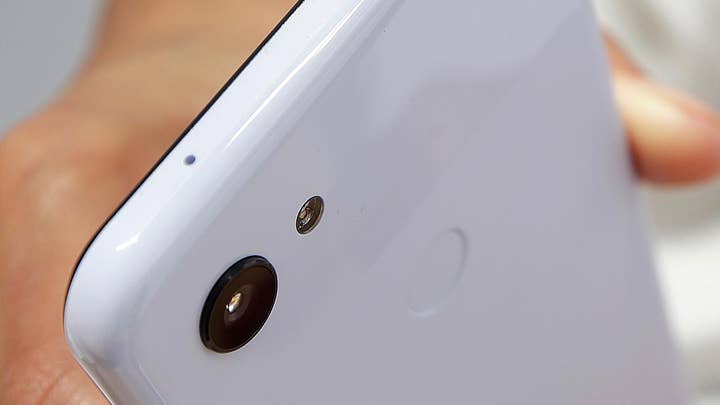How to block robocalls on iPhone and Android
Tips on how to block unwanted robocalls on the iPhone and Android device.
Some businesses are pushing back against a regulatory proposal that would allow phone companies to block unwanted robocalls.
Representatives for trade bodies that lobby on behalf of debt collectors, banks, health-care providers and other businesses met with Federal Communications Commission officials last week, urging them to delay a planned June 6 vote on the matter and instead seek public comment, people who attended the meeting said.
FCC Chairman Ajit Pai this month said the commission would vote on a measure allowing phone companies such as AT&T Inc. and Verizon Communications Inc. to analyze network traffic to spot and block unwanted robocalls without running afoul of federal rules.
The proposal is part of an effort to cut down on unwanted and illegal robocalls, but some businesses fear it could result in carriers also blocking automated calls from legitimate firms. Banks, collection agencies and merchants say automated calls are crucial, even though some consumers find them annoying.
FACEBOOK'S AVERAGE US USER SPENT 38 MINUTES PER DAY ON THE PLATFORM, A DROP FROM THE PREVIOUS YEAR
Representatives for ACA International, a trade body for debt and collections companies, the American Association of Healthcare Administrative Management, the Credit Union National Association and the American Bankers Association were among those who met with FCC Commissioner Michael O’Rielly and a member of his staff, as well as a member of Commissioner Brendan Carr’s staff.
“It’s important that the commission take a hard look at some of the proposals to make sure that they are appropriately targeted to address the problem, illegal automated calls,” said Mark Brennan, a partner at Hogan Lovells US LLP, who is counsel to the health-care group and attended the meetings. The group supports efforts to stop illegal robocalls, he said.
The current call-blocking proposal could mean financial-services companies such as mortgage or educational lenders are unable to reach customers for informational purposes, which could keep them from complying with separate consumer-protection rules requiring such companies to contact customers under certain circumstances, some of the groups said.
The FCC proposal would allow consumers who feel call blocking is preventing them from receiving wanted calls to opt out of the service, a spokesman for Mr. Pai said. “The American people are sick and tired of receiving a flood of unwanted robocalls, and allowing carriers to use call-blocking services by default will help provide consumers with much-needed relief,” the spokesman said.
A spokesman for Mr. Carr declined to comment and a representative for Mr. O’Rielly didn’t respond to requests for comment.
AIR FORCE SURGES TOWARD FIRST B-21 STEALTH BOMBER TEST AIRCRAFT
Leah Dempsey, a senior counsel at ACA International, who attended the meetings, said the FCC should seek public comment. “It shouldn’t be something done in the cover of night,” she said.
Representatives for the trade groups also told regulators they are concerned that customers and callers won’t know when a call has been blocked.
Ryan Donovan, chief advocacy officer for the credit union group, said the proposal could lead to calls about financial or consumer health being blocked with neither party knowing. “What is an unwanted call, and how does the caller know that the call is unwanted? It’s very ambiguous,” he said.
Separately, Noble Systems Corp., an Atlanta-based call-center technology company, said the proposal created a public-safety issue because it could result in some urgent communications from schools or health-care providers being blocked if a phone company doesn’t classify them as emergency communications. Even if carriers made a so-called whitelist of emergency numbers, scammers would be able to discover and spoof them to trick consumers into answering their calls, the company said.
Click here for more from The Wall Street Journal, where this story was first published.


